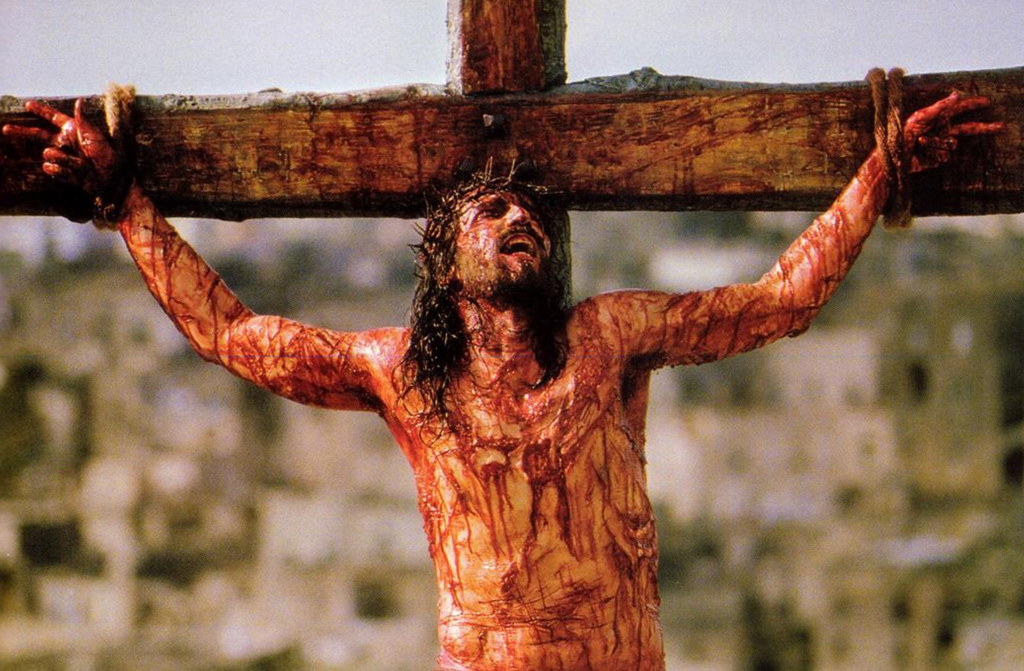Do you wonder why a sinless God would not allow sin?
When man fell in the garden of Eden, he rejected the Lordship of his Creator.
In real life, a slave is subject to his lord. To the slave, it is insubordination to defy the instruction of his lord.
When God made man, a seal was set on man: this Great Being would belong to the LORD. God would be his Life and Source. All that he was and would ever be came from Him. Therefore, he must remain under God's authority; to stay connected to Him if he must retain that life.
Cutting away from God then could only mean one thing: death. For in the time that a branch falls off the side of a tree, it ceases to live. The instant a tree is uprooted from its root, it stops living.
The existence of a thing will often be determined by the life of its source.
In other words, nothing lives separate from its source. When and where this happens, it is kicking at the source and the only aftermath can be death.
It seems right then that God's only pronouncement on sin is death.
Man's sin — rejecting his Source and choosing his own way — could only earn him death as he had chosen to separate from his Source to follow His leadership no more.
Rightly so, the wages of sin is death.
But a different law plays out right there in the garden of Eden after man's sin.
Man in his foolishness, after his fall, sewed an apron from leaves to cover his nakedness.
God, in His mercies however, killed an innocent lamb and from it, made proper robes for man; covering his shame.
The lamb didn't have to die, but it did, in order to cover man's shame. Man's deserved punishment was made up for by a lamb.
Further, we see this act replicated in the land of Egypt.
God had just unleashed nine different plagues on the Egyptians for Pharaoh's reluctance to let the Israelites go.
God, at the peak of this plague, declared that the tenth plague would daze the Egyptians: He would kill their firstborn.
But before this was done, He instructed the Israelites, through Moses, to spill and paste the blood of a spotless lamb on the walls.
The warning was simple: any Israelite who disobeyed this instruction would face God's wrath as it is unleashed on the Egyptians.
Hence, as every Israelite killed a lamb, they note this: they weren't the least better than the Egyptians.
Meaning, their defiance will earn them nothing but death.
This states the obvious, that the Israelites were in no way undeserving of death like the Egyptians. They weren't the least innocent.
But every disobedience had to be paid for. Every defiance to authority judged.
Thus, every Israelite had to bring a lamb to be killed for God to look away from their sins.
As he did, he knew he was deserving of death for his own sins, but God will simply look away because of a lamb's sacrifice.
There must be a spilling of blood to atone for sin.
This action repeats itself ultimately thousands of years later when John declared in John 1:29,"This is the lamb of God who takes away the sin of the world." Declaring simply that man had gone astray, rejecting right in his forebear, Adam, the leadership of God.
As in the case of anything rejecting its source, man could only face the inevitable outcome: death.
But if the price of sin is paid, man can escape death. Yet, the price of sin will always be death. And only a spotless one can pay the price for his own sin.
So, the bible declares, "Can anyone take a clean thing out of an unclean thing". And "there is none righteous. No, not one." (Job 14:4, Rom. 3:10)
God, in a bid to prove justice must necessarily judge man's disobedience; put him to death.
But if man must escape — and God wanted him to — another must take his place.
So we see John proclaiming, "This is the lamb of God who takes away the sin of the world". (John 1:29)
Rightly so, the conclusion is: not that man was ever innocent and undeserving of death.
Not that the Christian is ever better in right standing with God that the sinner.
But a substitution has been made in the Christian's behalf. And every man also who cleaves to that substitutional sacrifice gets saved.
Man in himself is unworthy of being acquitted from his sin, but Jesus dying in his place, has released him from God's wrath and earned him a place again in eternity.
We aren't saved because we were ever perfect. We are saved because Jesus died.
Because someone had to die.


